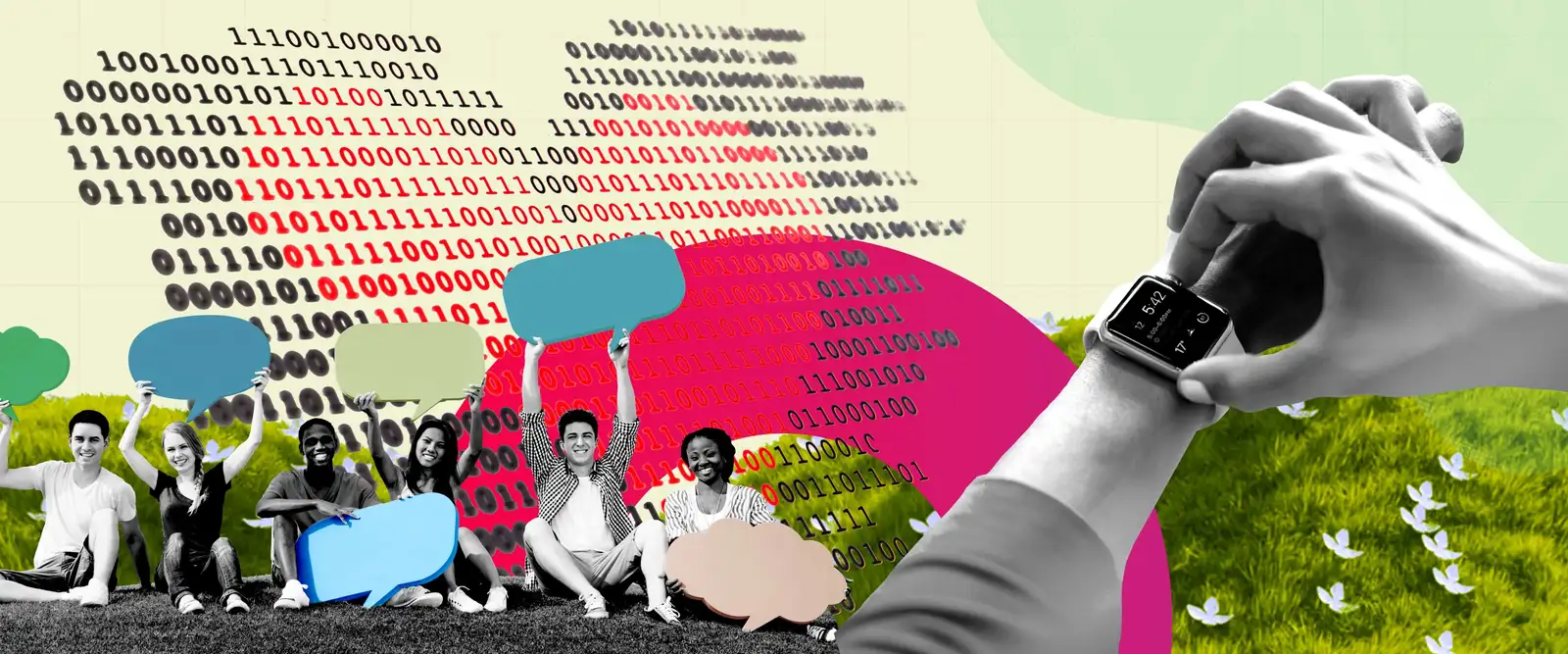This essay is part of a special collection of youth authored essays written by DTH-Lab’s Regional Youth Champions (2023-2024). The full collection of essays can be found here in the partnering document of the global interim report on Building a blueprint for digital first health systems: Findings from global youth consultations.
Digital technology has become an essential tool for global health development, with tremendous potential for accelerating access to health outcomes and information, including access to Sexual and Reproductive Health and Rights (SRHR) for adolescents and young people in Africa. Since the COVID-19 pandemic, some African countries have embraced and leveraged technology such as mobile phones and the internet to create awareness and amplify health information in Africa. Young people in Africa continue to experience unmet needs, including SRHR information and services, HIV/AIDS, contraceptives/pregnancy prevention and other sexually transmitted infections.
Digital health information in the context of SRHR plays a crucial role in reaching and informing diverse populations, especially those who may have limited access to traditional healthcare services. Digital health has empowered young people with information to make informed decisions about their sexual and reproductive health and connect them with relevant resources and support where necessary. Kemisola Bolarinwa, a Nigerian, developed a “Smart Bra” that can detect breast cancer in an early stage, potentially saving African women long journeys to access screening services, thus saving them time.
In this current era, where technological tools have advanced rapidly, the intersection between digital technology and advocacy for SRHR has become increasingly pivotal. Young people will no longer face stigmatisation when procuring contraceptives: the integration of digital tools has not only transformed communication but has also played a significant role in amplifying and advancing groundbreaking discussions around SRHR in Africa. Leveraging innovative approaches that break down traditional boundaries and foster positive regional change. Furthermore, ethically designed artificial intelligence (AI) can improve health services and healthcare delivery worldwide. For example, AI could help young people better control their health by bridging gaps in access to sex education by providing timely, accurate, personalised and confidential answers to SRHR questions. This is a game-changer, especially in settings where these issues are still taboo.
Access to comprehensive reproductive healthcare services in Africa is essential as it empowers women and young people to make informed decisions regarding when to be sexually active, contraceptive use, menstruation, growth and development. It plays a vital role in promoting sexually healthy lifestyles and preventing sexually transmitted diseases.
Digital transformations in SRHR advocacies in Africa
Over the decade, there has been a high number of maternal deaths and teenage pregnancies in Africa, which reflects inadequate access to healthcare services and information as a result of gender inequality. The leading drivers of these concerns include poverty and lack of relevant information, among other factors that have led to unintended pregnancies, restricted access to contraceptives/family planning and denied access to affordable, safe abortion services and quality post-abortion care.
Digital technology has significantly impacted SRHR advocacies in Africa, enabling them to reach a wider audience, disseminate accurate information, improve access to services and amplify marginalized voices through social media, mobile apps and online platforms. Some of these platforms include Frisky by EVA, The Health City Online, and iCareSRHR, which provide SRHR information to young people and access to services in Africa.
Integrating SRHR platforms into national health systems in Sub-Saharan Africa is a complex issue with varying levels of progress and challenges across different countries. While some countries have made significant strides in working towards integration, others are still in the early stages of implementation or facing barriers to integration. Overall, the integration of digital SRHR platforms into national health systems in Africa has the potential to transform the delivery of SRHR services and improve health delivery outcomes.
Lydia Jummai Gara is a development professional with over four years of progressive experience in designing and implementing projects on Sexual Reproductive Health and Rights (SRHR), Universal Health Coverage, Meaningful Youth Participation and Gender Justice for adolescents and young people.

© 2025 DTH-Lab. All Rights Reserved.
SRHR | Global Health | UHC | Gender Equality | Meaningful Youth Participation
Lydia Jummai Gara is a development professional with over four years of progressive experience in designing and implementing projects on Sexual Reproductive Health and Rights (SRHR), Universal Health Coverage, Meaningful Youth Participation and Gender Justice for adolescents and young people. As an Internationally certified program manager, Lydia has managed several internationally funded projects on the health and well-being of adolescents and young people across Africa. Driven by her passion for empowering fellow young individuals through the establishment of robust networks, Lydia is an active member of technical working committees at both local and international levels, tirelessly advocating for the voices of young people in matters of gender equality, promotion of SRHR information and services, inclusivity, and health equity.